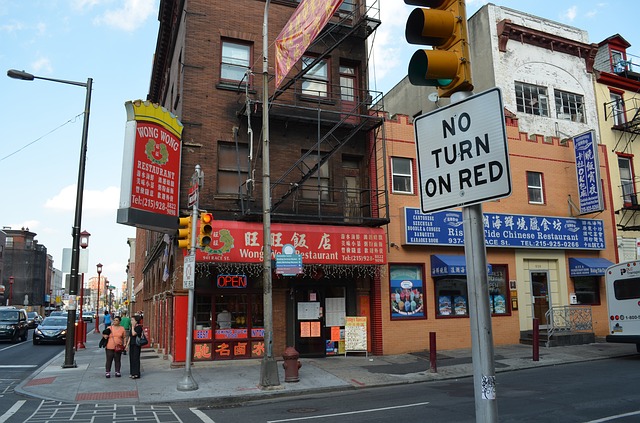Will the Land Bank Help or Hurt Philadelphia Citizens?

Not far from the shining glass-and-metal skyscrapers of Center City Philadelphia are streets where blight reigns. The New York Times recently ran a story on Philadelphia’s Land Bank, the city’s great hope for revitalizing the crumbling neighborhoods that are endemic in places.

Will the city’s takeover of derelict properties help or hurt the city’s most vulnerable residents?
The Philadelphia Association of Community Development Corporations, a nonprofit organization that acts as an advocate for mixed-income neighborhoods, was quoted in the story as saying that many properties in disrepair are still racking up tax bills, even though no one living claims them. One particular vacant property is still technically owned by a man who died in 1969. All ten of his children, who were born in the 1920s, are also deceased. The property, which is unclaimed, is still racking up tax bills.
The hope from both city officials and developers is that the Land Bank will be able to sift through centuries of old records to straighten out properties that have been abandoned or become rundown and take ownership of the same properties. Then developers can come in and build, creating desirable real estate and hopefully revitalizing the neighborhoods. Mayor Michael Nutter announced the transfer of 150 properties to the Land Bank at the beginning of this month. It’s estimated that a further 1,135 properties will be transferred by the end of the year.
There are concerns, however, about the proposed developments that would ensue once the Land Bank acquires derelict properties. The Times story mentioned that residents of downtrodden neighborhoods are worried that, with the building of new condos, neighborhood tax values will go up, effectively pricing them out of their homes.
It remains to be seen whether the Land Bank will help or hurt the city’s residents in the long run.



